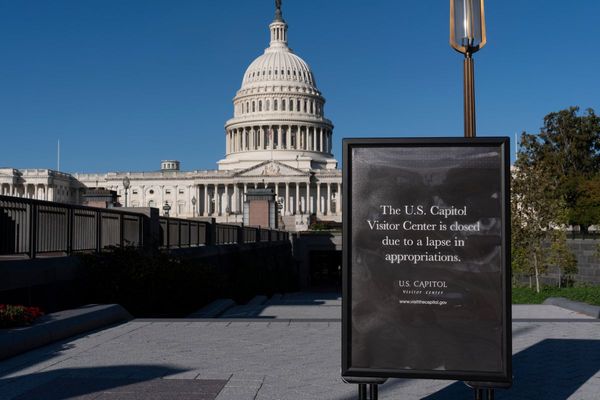
Steadily declining GDP growth, excess capacity, deflation, a stock market crisis, big currency outflows. Is this some troubled European nation? No, it is Britain’s new best friend, China. But on his visit last week, Xi Jinping, the People’s Republic’s most powerful leader since Mao Zedong, was portrayed as a benevolent dispenser of cash who would enable George Osborne to square his circle of cutting the deficit but boosting infrastructure.
Seeing the absence of thought-out policy towards China, the chancellor jumped in with both boots. It would be nice if British exports increased, but our leading export sectors – financial services and education, say – are stymied by the restrictive nature of the regime. Instead, he played for Chinese money to build a high-speed train link, develop northern England and expand the nuclear industry.
The political implications of being Beijing’s best friend are considerable. But one issue unaddressed is the economic nature of the UK’s new bedfellow, and what that partner wants from the embrace.
China is in economic transition. How this turns out is the most important issue in the global economy. The era of cheap labour, cheap capital and strong export markets is gone. The plan is to boost consumption instead, but progress has been slow. Retail sales were rising at 10-12% a year but the rate of increase has fallen slightly.
The government has tried a string of stimulus measures: interest rates have been cut six times in the past year. These enabled China to avoid a hard landing whose effects would resonate around the world, but the economy is dogged by excess capacity. This is as high as 30% in steel, leading to cheap exports that hammered another nail into the coffin of Britain’s steel industry.
In the past, economic policy was run by bureaucrats under the gaze of the Politburo. China is the last big Leninist state in which the party is more powerful than the government and ever more so under Xi, whose position as party head is far more important than that of president. But now, the politicians have moved into economic policy. This summer’s attempt to create a strong stock market was their doing and killed equities. There are a lot of Chinese bureaucrats who understand markets, but the political leaders, nurtured in the party cocoon, do not.
Xi Jinping is trying to craft a more expansive foreign policy, and Britain is useful in this. The People’s Republic can hope to see the UK abstain if it comes under criticism in the UN Security Council, and to argue against EU anti-dumping schemes while backing the free trade pact China is seeking. Beijing will expect investment in Britain to translate into contracts for Chinese companies.
China first rolled out this policy among its western neighbours with its one belt, one road policy for Pakistan and central Asia. Now it’s Britain’s turn. The rationale is simple – give countries money from China’s abundant foreign exchange reserves, and they will reciprocate with contracts that help mainland companies suffering from declining domestic demand. As the Chinese economy slows, Xi Jinping’s gift-giving comes with a powerful motive.
Jonathan Fenby is China director at research service Trusted Sources and the author of Will China Dominate the 21st Century?







